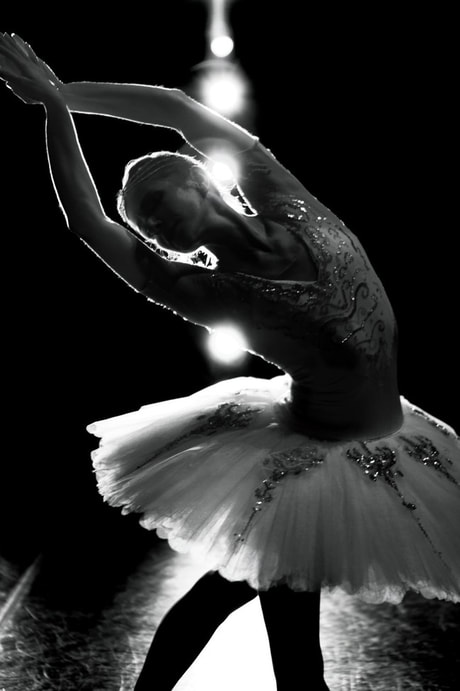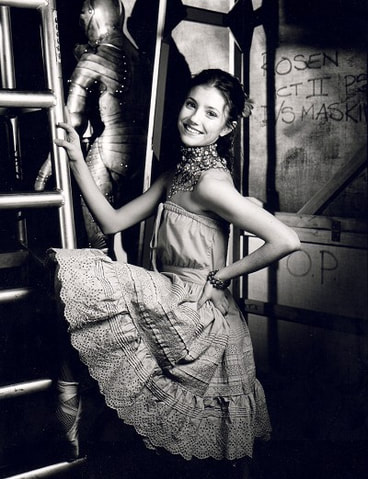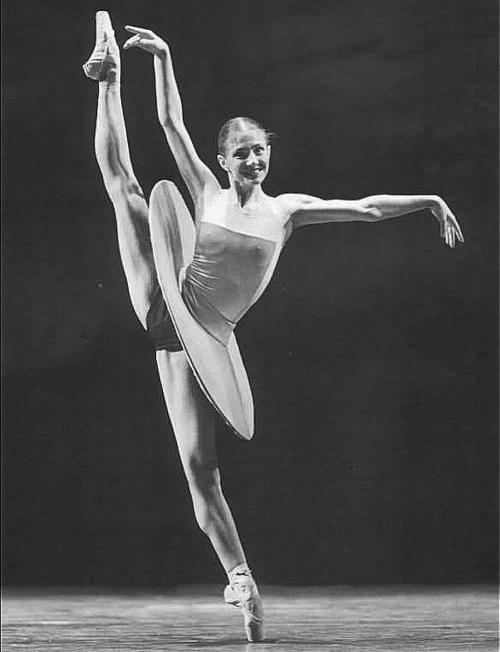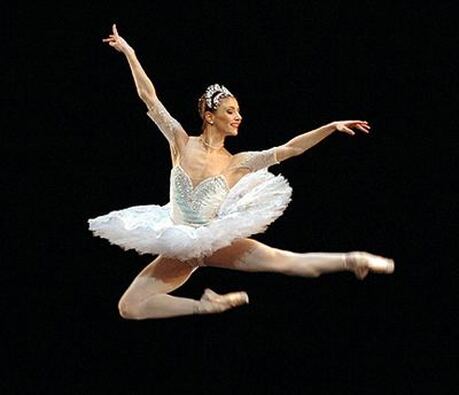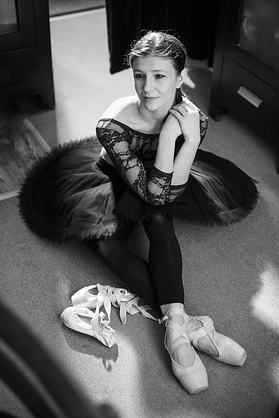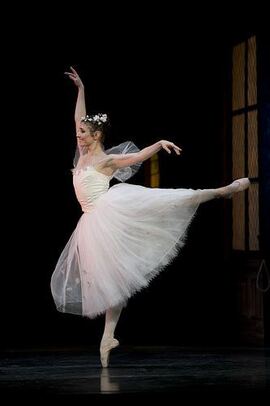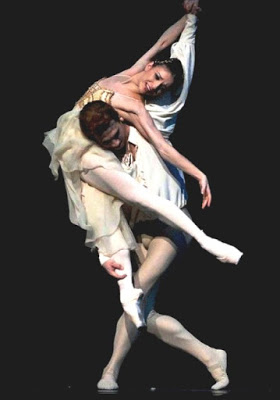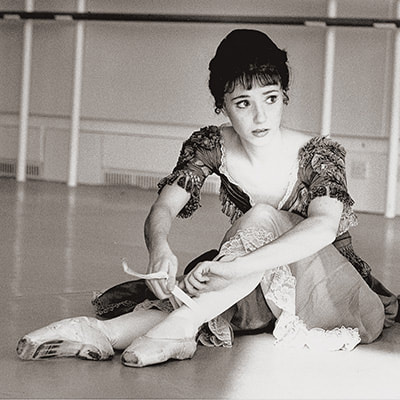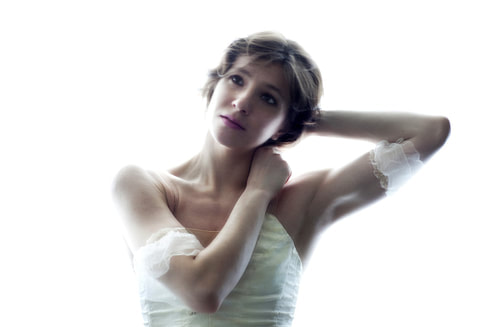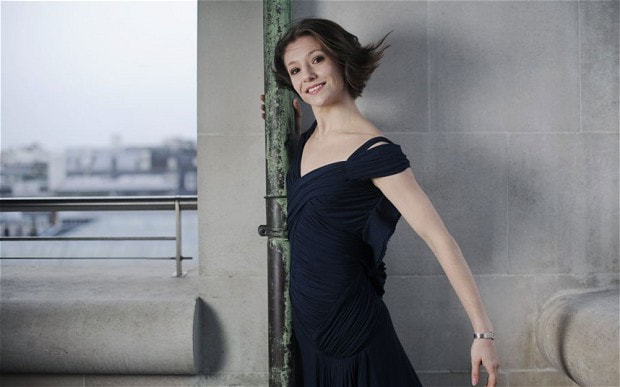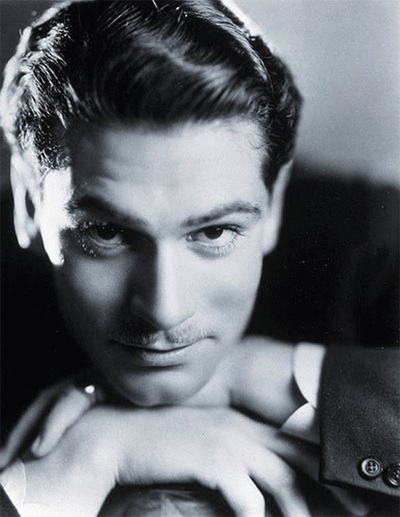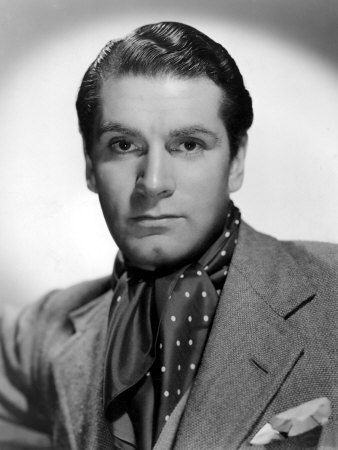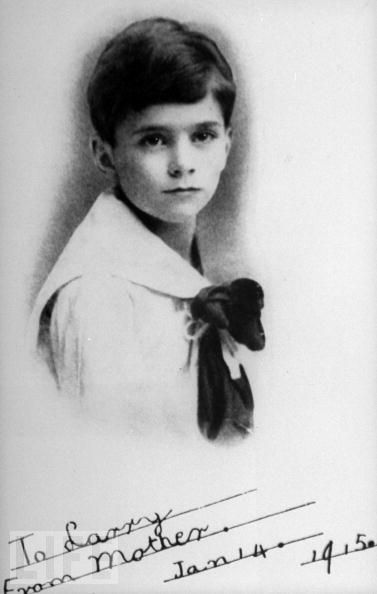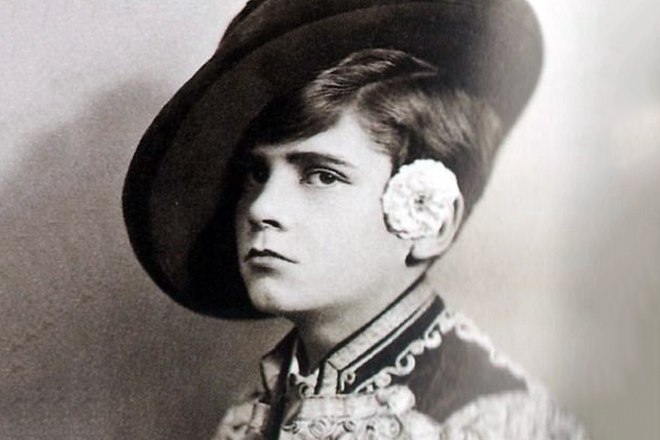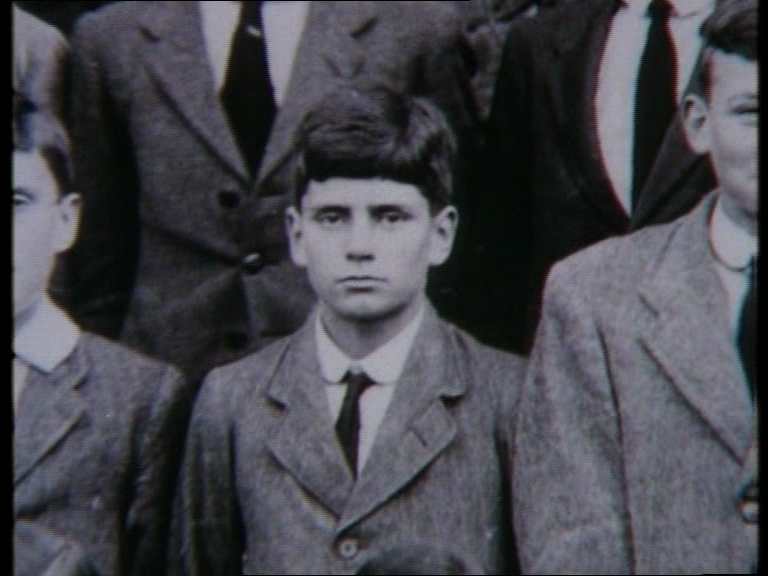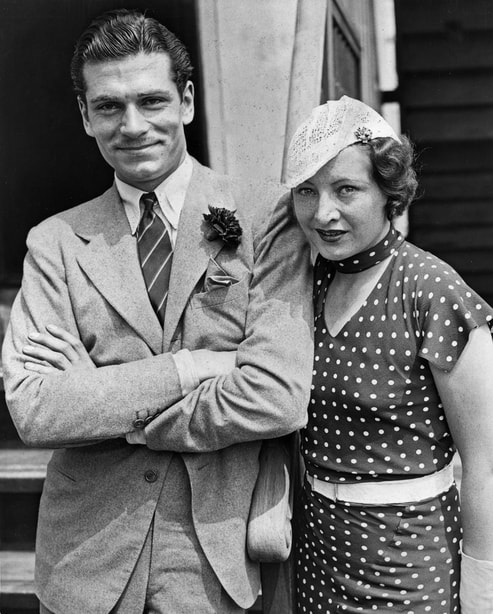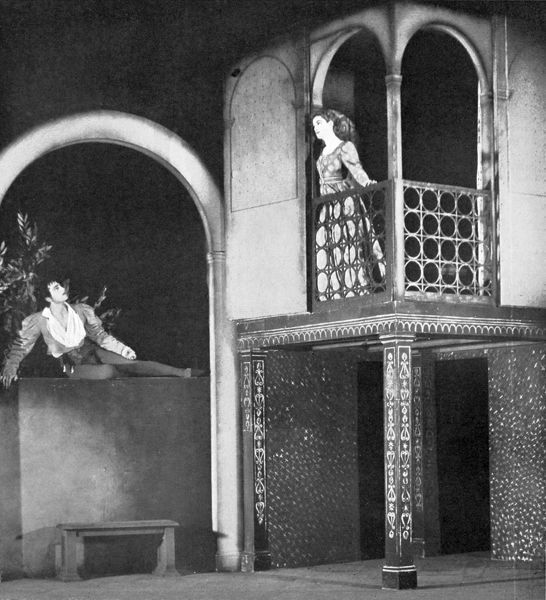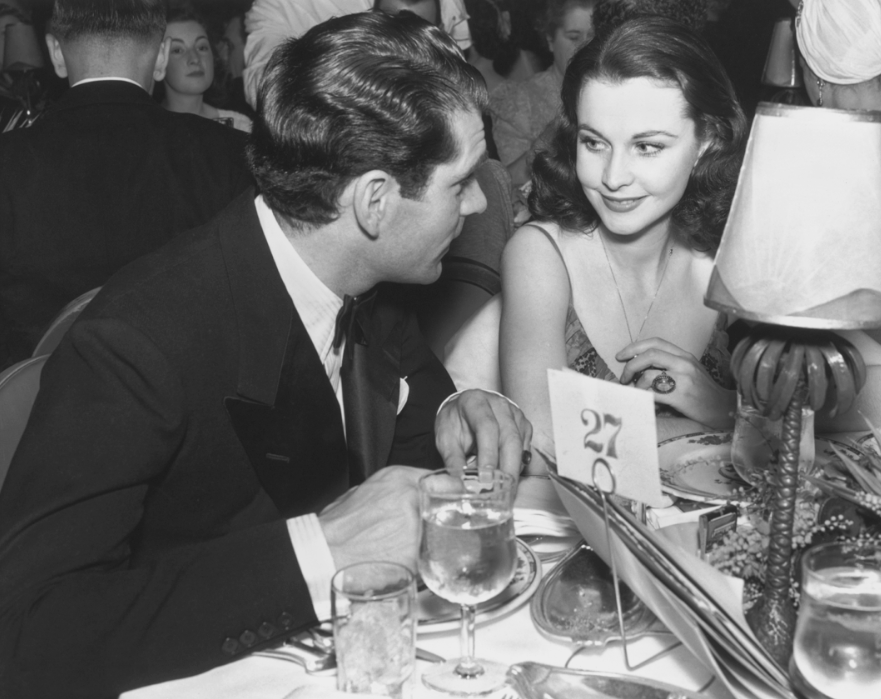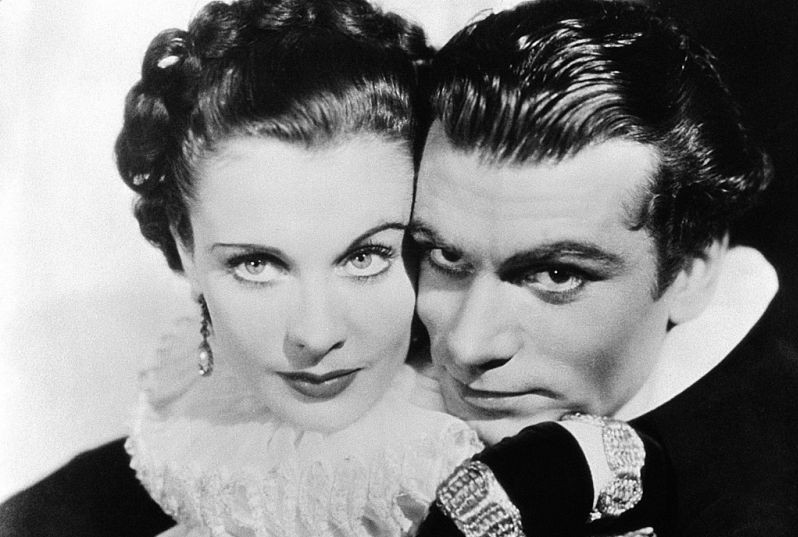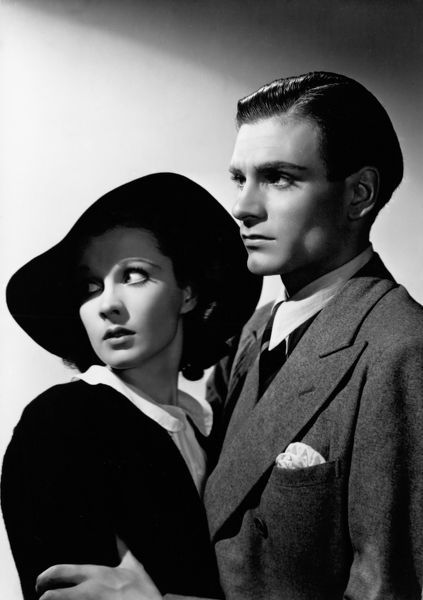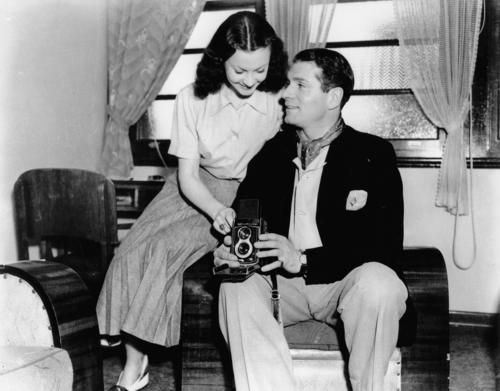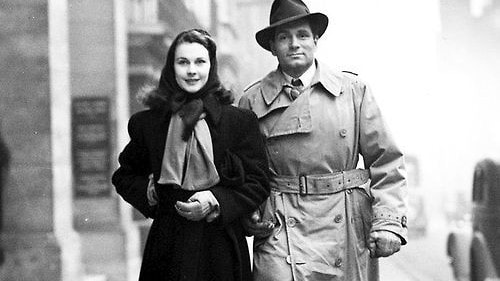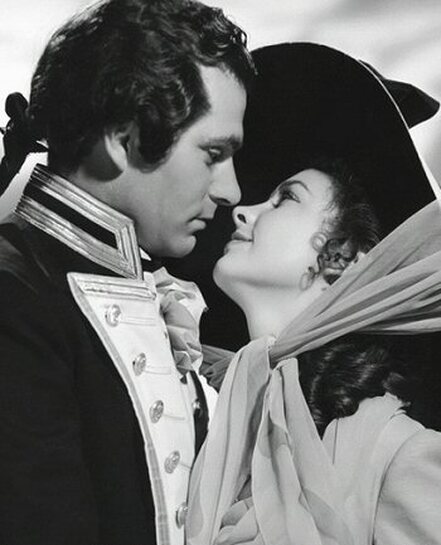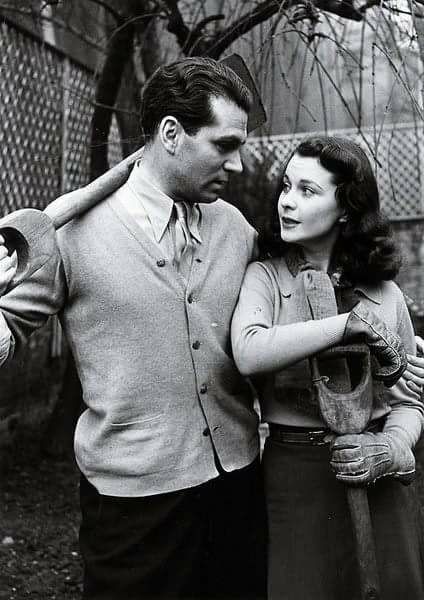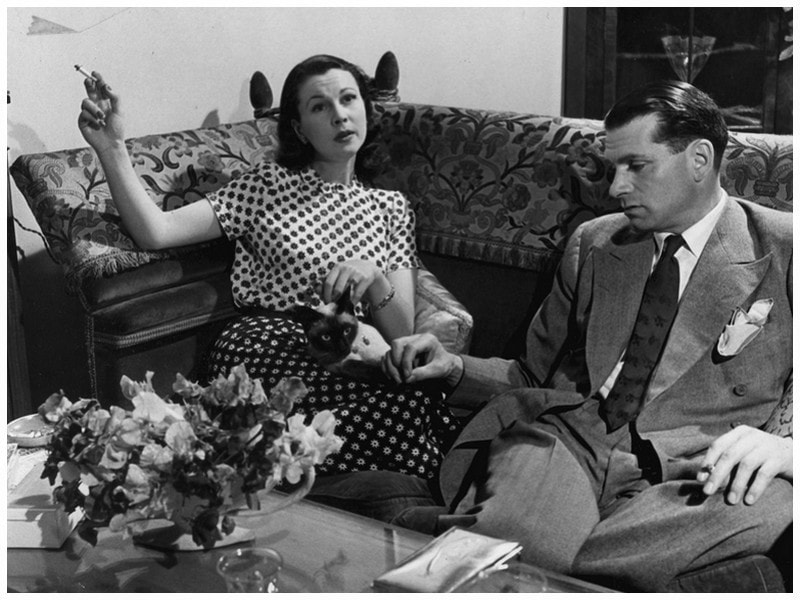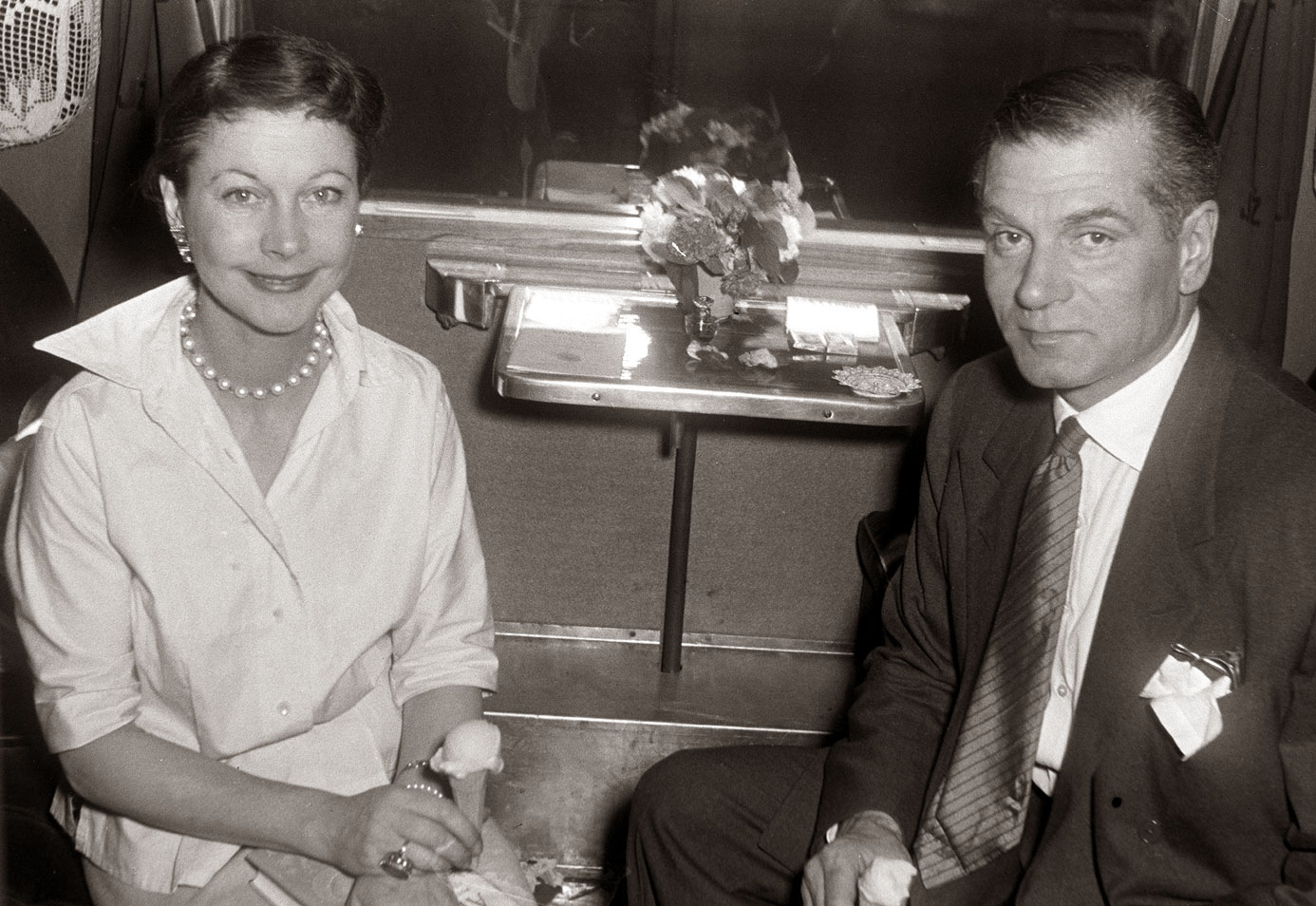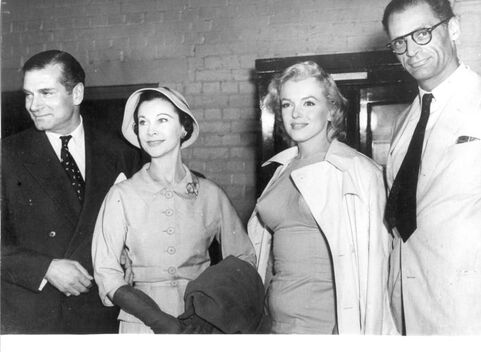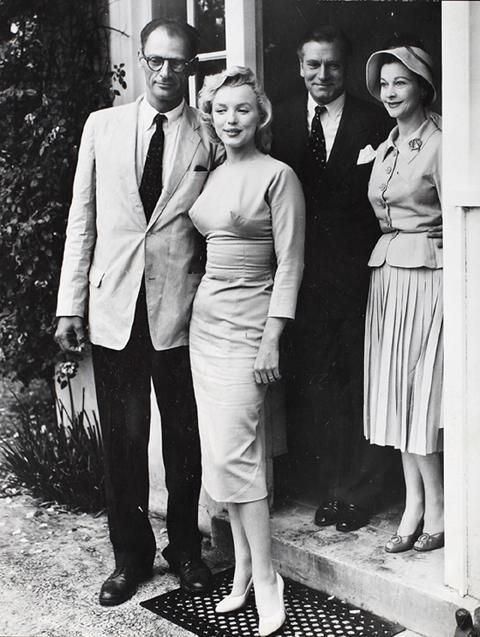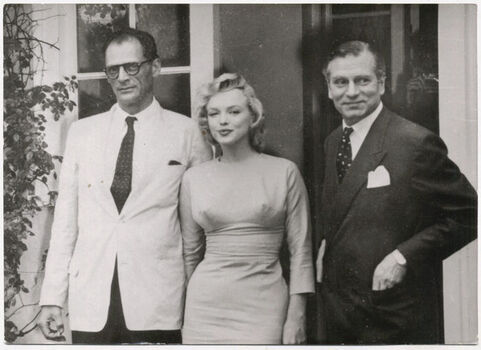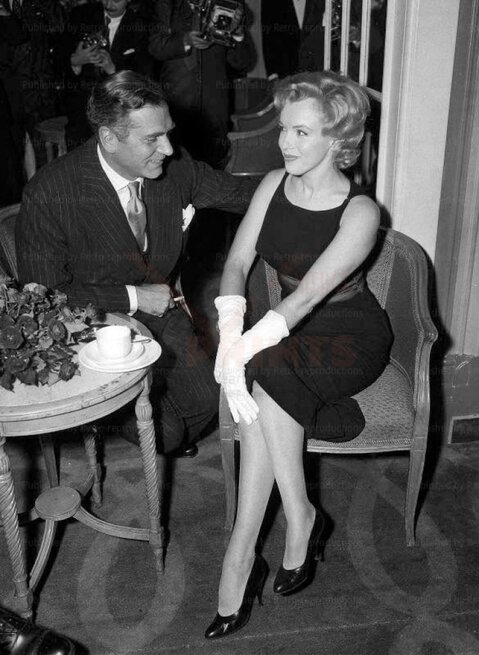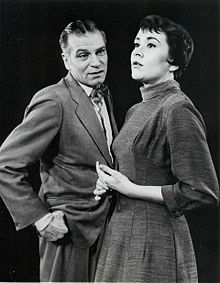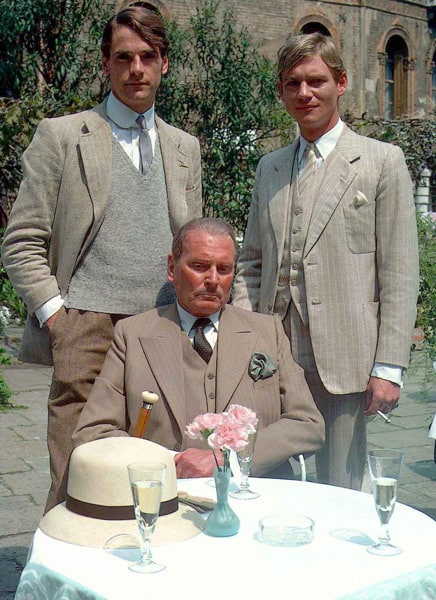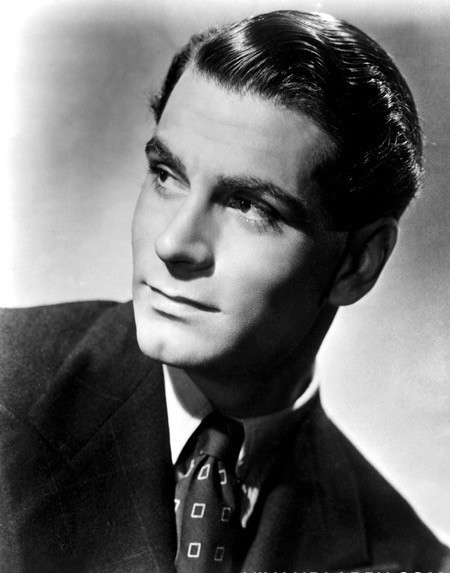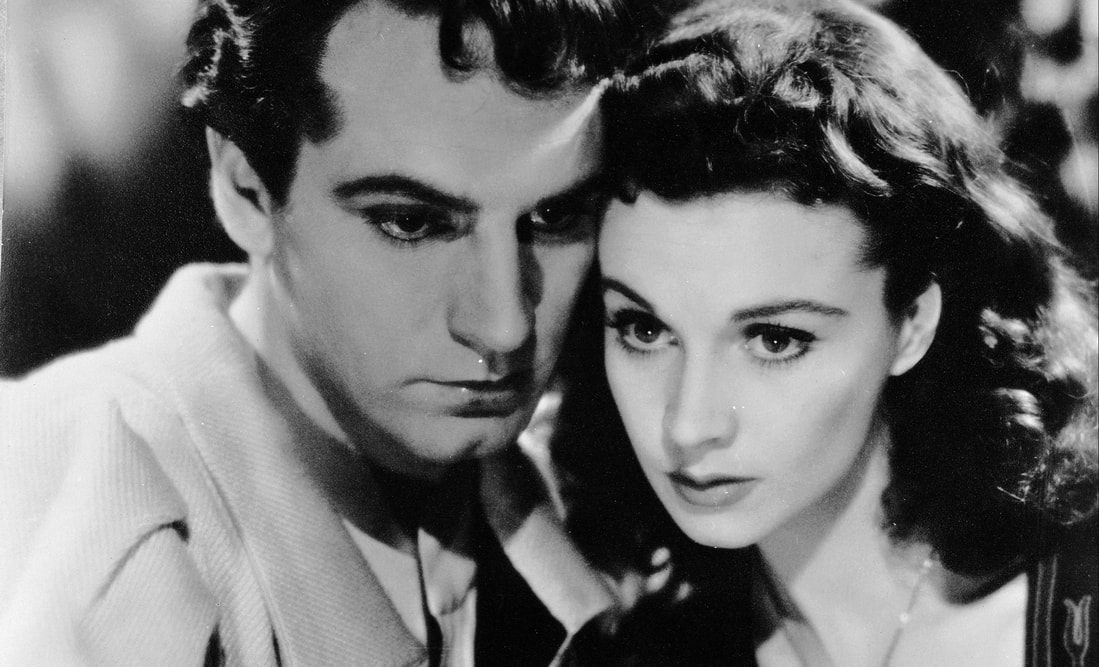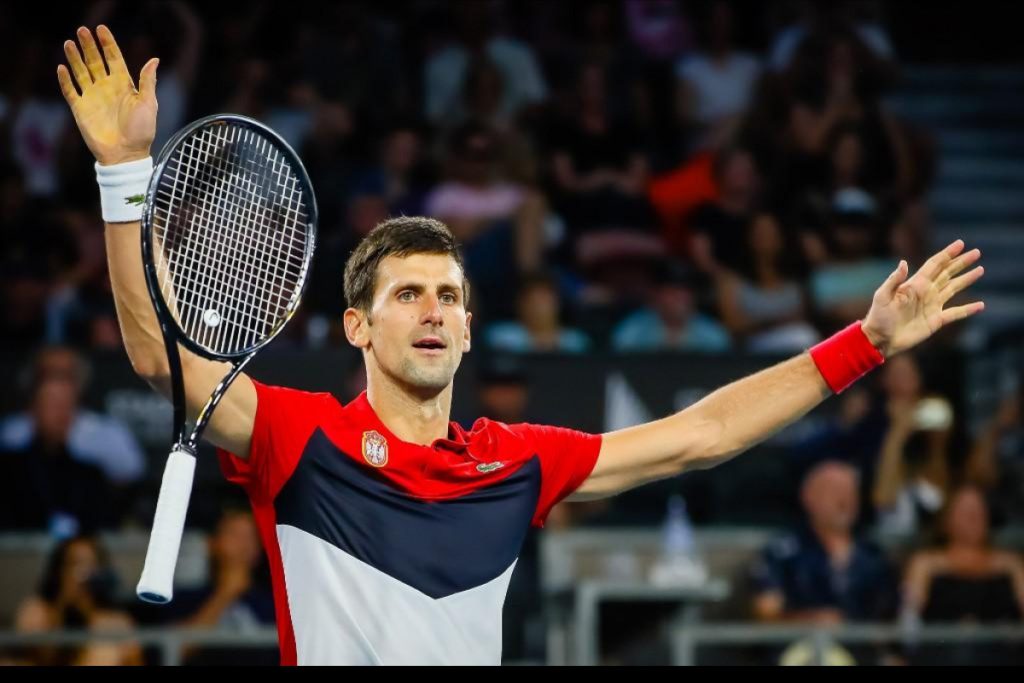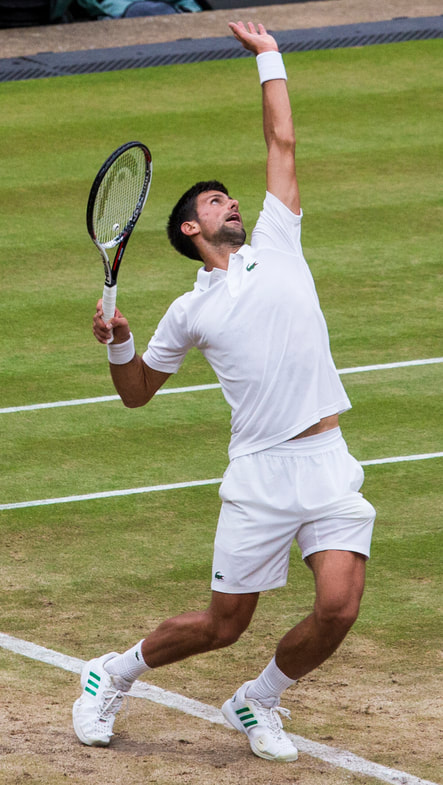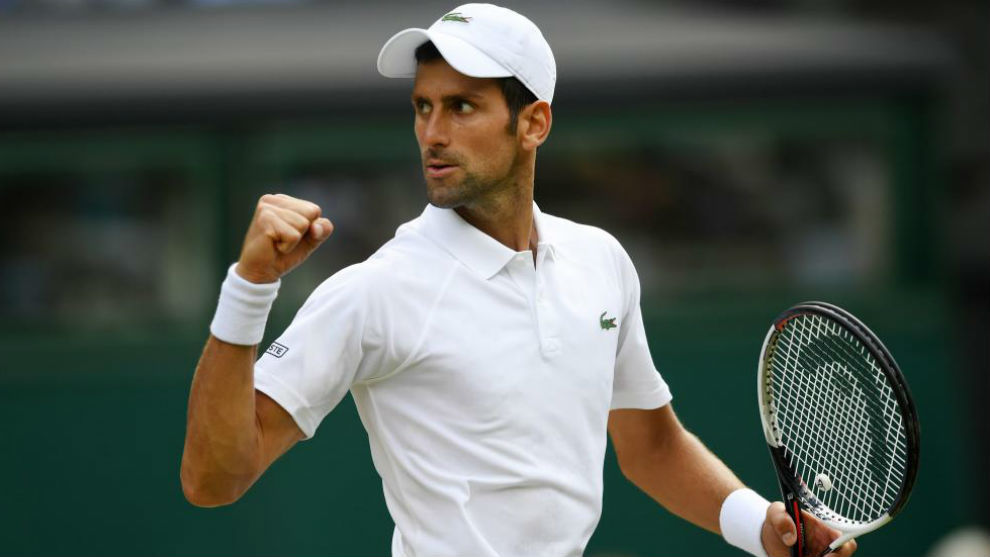Profile of Alina CojocaruAlina Cojocaru (born 27 May 1981) is a Romanian ballet dancer. As of November 2013, she is a principal dancer with the English National Ballet. Biography of Alina CojocaruAt the age of 7 or 8 Alina Cojocaru began gymnastic classes in the hope to grow taller, Later she began ballet classes, despite never having seen a live ballet and progressed at the age of 9 to a Bucharest ballet school which acted as a feeder for the Romanian State Ballet school. Later the same year she took and passed the entrance exam for the school and a few months later was chosen by the director of the Kiev Ballet school to take part in a student exchange. She left her family to train at Kiev Ballet school school without speaking any Russian. Initially, Cojocaru and the other Romanian students were taught separately, before being integrated with the other students in the third year. The ballet school gave a public performance every six months and it was in one of these performances that Cojocaru made her debut, dancing the role of Amor in Don Quixote. In January 1997, aged 15, she competed in the Prix de Lausanne international ballet competition. There, she was awarded a six-month scholarship to train at the Royal Ballet School in London. She moved to London later that year to commence her training, but did not speak any English. After completing her six month training with the Royal Ballet School, Cojocaru was offered a contract to join The Royal Ballet as a member of the corps de ballet. She was also offered a contract to join the Kiev Ballet as principal. She subsequently joined Kiev Ballet in November 1998 and stayed for one season, dancing a variety of roles. Whilst dancing with Kiev Ballet, Cojocaru re-applied to the Royal Ballet in London, but was only invited to audition for the corps de ballet. She was offered a contract after the audition and joined the company in November 1999. She was subsequently promoted to principal dancer in 2001 by Sir Anthony Dowell after her performance of Giselle, one of the youngest in Royal Ballet history. In 2004, Cojocaru received the Prix Benois de la Danse for her portrayal of Cinderella. One of the highlights of her career is her partnership with Danish principal dancer, Johan Kobborg. The partnership began in 2001 when they danced together in Romeo and Juliet after Cojocaru filled in for an injured Miyako Yoshida. Since then, Kobborg and Cojocaru's partnership has been named one of the greatest in the history of ballet, and they have danced together at Covent Garden and worldwide. In 2005, it was publicly announced that they were in a romantic relationship. In May 2011, Cojocaru was making a guest appearance at the Metropolitan Opera House in New York City, but her dance partner was injured so Kobborg flew over unexpectedly to fill in and surprised Cojocaru when he proposed to her on her 30th birthday. Their engagement was announced shortly afterward. In February 2012 Alina premiered her Alina Cojocaru - Dream Project, in Tokyo, Japan, which she directed and staged, while performing along side friends and colleagues from the Tokyo Ballet, Hamburg Ballet, English National Ballet and Royal Ballet. In the same year, Cojocaru became the first ballerina to receive the Prix Benois de la Danse twice, this time for John Neumeier's Liliom with the Hamburg Ballet. The lead role of Julie also marked the first time a full-length ballet was created around Cojocaru. In June 2013, she announced that she and Kobborg would leave The Royal Ballet at the end of 2012/13 season. In July 2013, Cojocaru joined the English National Ballet as a principal dancer. But she continues to perform as a guest artist with companies worldwide, and is a regular guest with the Hamburg Ballet and American Ballet Theatre. Alina's second Dream Project took place in July 2014. In 2015 Alina presented a charity Gala at the Lincoln Center NY. In May 2017, Cojocaru announced on Twitter that she and Kobborg are expecting their first child. On 10 October 2017, Kobborg announced via Twitter that Cojocaru had given birth to their daughter Thalia Chulpan.
0 Comments
ProfileLaurence Kerr Olivier, Baron Olivier, OM (22 May 1907 – 11 July 1989) was an English actor and director who, along with his contemporaries Ralph Richardson and John Gielgud, was one of a trio of male actors who dominated the British stage of the mid-20th century. He also worked in films throughout his career, playing more than fifty cinema roles. Late in his career, he had considerable success in television roles. His family had no theatrical connections, but Olivier's father, a clergyman, decided that his son should become an actor. After attending a drama school in London, Olivier learned his craft in a succession of acting jobs during the late 1920s. In 1930 he had his first important West End success in Noël Coward's Private Lives, and he appeared in his first film, and by the end of the decade he was an established star. In the 1940s, together with Richardson and John Burrell, Olivier was the co-director of the Old Vic, building it into a highly respected company. There his most celebrated roles included Shakespeare's Richard III and Sophocles's Oedipus. In the 1950s Olivier was an independent actor-manager, but his stage career was in the doldrums until he joined the avant garde English Stage Company in 1957 to play the title role in The Entertainer, a part he later played on film. From 1963 to 1973 he was the founding director of Britain's National Theatre, running a resident company that fostered many future stars. His own parts there included the title role in Othello (1965) and Shylock in The Merchant of Venice (1970). Among Olivier's films are Wuthering Heights (1939), Rebecca (1940), and a trilogy of Shakespeare films as actor/director: Henry V (1944), Hamlet (1948), and Richard III (1955). Olivier's honours included a knighthood (1947), a life peerage (1970) and the Order of Merit (1981). For his on-screen work he received four Academy Awards, two British Academy Film Awards, five Emmy Awards and three Golden Globe Awards. The National Theatre's largest auditorium is named in his honour, and he is commemorated in the Laurence Olivier Awards, given annually by the Society of London Theatre. He was married three times, to the actresses Jill Esmond from 1930 to 1940, Vivien Leigh from 1940 to 1960, and Joan Plowright from 1961 until his death. BiographyLawrence Olivier was born in Dorking, Surrey, the youngest of the three children of the Reverend Gerard Kerr Olivier (1869–1939) and his wife Agnes Louise(1871–1920). His great-great-grandfather was of French Huguenot descent, and Olivier came from a long line of Protestant clergymen. His father Gerard Olivier liked to be addressed as "Father Olivier" which made him unacceptable to most Anglican congregations and tempory church posts offers only, and Lawrence Olivier lived a nomadic existence until age 5 when his father secured a permanent appointment as assistant rector at St Saviour's, Pimlico for six years, and a stable family life was at last possible. In a school production of Julius Caesar in 1917, the ten-year-old Olivier's performance as Brutus impressed the audience. He later won praise in other schoolboy productions, as Maria in Twelfth Night (1918) and Katherine in The Taming of the Shrew (1922). Olivier was enrolled in St Edward's School, Oxford, from 1920 to 1924. He made little mark until his final year, when he played Puck in the school's production of A Midsummer Night's Dream; his performance was a tour de force that won him popularity among his fellow pupils. On leaving the school after a year, Olivier gained work with small touring companies before being taken on in 1925 by Sybil Thorndike and her husband Lewis Casson as a bit-part player, understudy and assistant stage manager for their London company.He modelled his performing style on that of Gerald du Maurier. In 1926, on Thorndike's recommendation, Olivier joined the Birmingham Repertory Company, where he was given the chance to play a wide range of important roles in his second year, including Tony Lumpkin in She Stoops to Conquer, the title role in Uncle Vanya, and Parolles in All's Well That Ends Well. While playing the juvenile lead in Bird in Hand at the Royalty Theatre in June 1928, Olivier began a relationship with Jill Esmond, the daughter of the actors Henry V. Esmond and Eva Moore. Olivier later recounted that he thought "she would most certainly do excellent well for a wife ... I wasn't likely to do any better at my age and with my undistinguished track-record, so I promptly fell in love with her." In 1930, with his impending marriage in mind, Olivier earned some extra money with small roles in two films. Olivier did not enjoy working in film, which he dismissed as "this anaemic little medium which could not stand great acting", but financially it was much more rewarding than his theatre work. Olivier and Esmond married on 25 July 1930 at All Saints, Margaret Street, although within weeks both realised they had erred. In 1930 Noël Coward cast Olivier as Victor Prynne in his new play Private Lives, which opened at the new Phoenix Theatre in London in September. Olivier played Victor in the West End and then on Broadway. In addition to giving the 23-year-old Olivier his first successful West End role, Coward became something of a mentor. In 1931 RKO Pictures offered Olivier a two-film contract at $1,000 a week; he discussed the possibility with Coward, who, irked, told Olivier "You've no artistic integrity, that's your trouble; this is how you cheapen yourself."He accepted and moved to Hollywood, despite some misgivings. His first film was the drama Friends and Lovers, in a supporting role, but Olivier's initial foray into American films had not provided the breakthrough he hoped for. In 1935, John Gielgud staged Romeo and Juliet at the New Theatre, co-starring with Peggy Ashcroft, Edith Evans and Olivier. Gielgud had seen Olivier in Queen of Scots, spotted his potential, and now gave him a major step up in his career. For the first weeks of the run Gielgud played Mercutio and Olivier played Romeo, after which they exchanged roles.The production broke all box-office records for the play, running for 189 performances. In 1936 Olivier accepted an invitation to join the Old Vic company. The theatre, in an unfashionable location south of the Thames, had offered inexpensive tickets for opera and drama under its proprietor Lilian Baylis since 1912. Her drama company specialised in the plays of Shakespeare, and many leading actors had taken very large cuts in their pay to develop their Shakespearean techniques there. That same year, he met Vivien Leigh, the two fell in love and started a love affair. In June 1937 the Old Vic company took up an invitation to perform Hamlet in the courtyard of the castle at Elsinore, Denmark where Shakespeare located the play. Olivier secured the casting of Vivien Leigh as Ophelia. On returning from Denmark, Olivier and Leigh told their respective spouses about the affair and that their marriages were over. Later the couple moved into a property together in Iver, Buckinghamshire. In late 1938, lured by a salary of $50,000, Lawrence Olivier travelled to Hollywood to take the part of Heathcliff in the 1939 film Wuthering Heights, alongside Merle Oberon and David Niven. In less than a month Leigh had joined him. Olivier did not enjoy making Wuthering Heights, and his approach to film acting, combined with a dislike for Oberon, led to tensions on set. The resulting film was a commercial and critical success that earned him a nomination for the Academy Award for Best Actor, and created his screen reputation. After returning to London briefly in mid-1939, the couple returned to America, Leigh to film the final takes for Gone with the Wind, and Olivier to prepare for filming of Alfred Hitchcock's Rebecca. In January 1940 Olivier and Esmond were granted their divorce. In February, following another request from Leigh, her husband also applied for their marriage to be terminated. They were married in August 1940, at the San Ysidro Ranch in Santa Barbara. The war in Europe had been under way for a year and was going badly for Britain. After his wedding Olivier wanted to help the war effort and ended up making a few propaganda films for Britain, starting with That Hamilton Woman in which he played opposite his new wife Vivien Leigh. In 1943, at the behest of the Ministry of Information, Olivier began working on Henry V. He ended up directing and producing, in addition to taking the title role. Meanwhile, he was asked to join the Old Vic company with his peer Ralph Richardson. The two actors would re-establish the company and gained international fame for themselves in the next few years. In January 1947 Olivier began working on his second film as a director, Hamlet (1948), in which he also took the lead role. The film became a critical and commercial success in Britain and abroad, and became the first non-American film to win the Academy Award for Best Picture, while Olivier won the Award for Best Actor. In 1948 Olivier led the Old Vic company on a six-month tour of Australia and New Zealand. He played Richard III, Sir Peter Teazle in Sheridan's The School for Scandal and Antrobus in Thornton Wilder's The Skin of Our Teeth, appearing alongside Leigh in the latter two plays. By the end of the Australian tour, both Leigh and Olivier were exhausted and ill. Later he would comment that he "lost Vivien" in Australia, a reference to Leigh's affair with the Australian actor Peter Finch, whom the couple met during the tour. Shortly afterwards Finch moved to London, where Olivier auditioned him and put him under a long-term contract with Laurence Olivier Productions. Finch and Leigh's affair continued on and off for several years. In January 1953 Leigh travelled to Ceylon (now Sri Lanka) to film Elephant Walk with Peter Finch. Shortly after filming started she suffered a breakdown, and returned to Britain where, between periods of incoherence, she told Olivier that she was in love with Finch, and had been having an affair with him. The Oliviers' marriage was disintegrating during the late 1950s. Vivien Leigh became pregnant in 1956 and withdrew from the production of Noel Coward's comedy South Sea Bubble. The day after her final performance in the play she miscarried and entered a period of depression that lasted for months. The same year Olivier decided to direct and produce a film version of The Sleeping Prince, retitled The Prince and the Showgirl. Instead of appearing with Leigh, he cast Marilyn Monroe as the showgirl. Although the filming was challenging because of Monroe's behaviour, the film was appreciated by the critics. In May 1960 the Oliviers started divorce proceedings. In March 1961, Lawrence Olivier married actress Joan Plowright, with whom he had three children. In August of 1962, Olivier became National Theater's first director. In his decade in charge of the National, Olivier acted in thirteen plays and directed eight. One of the plays, Othello, was released as a film in 1965, which earned four Academy Award nominations, including another for Best Actor for Olivier. Vivien Leigh died in July 1967. At about this time Olivier began a long struggle against a succession of illnesses. He was treated for prostate cancer and, during rehearsals for his production of Chekhov's Three Sisters he was hospitalised with pneumonia. Olivier spent the last 15 years of his life securing his finances and dealing with deteriorating health, which included thrombosis and dermatomyositis, a degenerative muscle disorder. Professionally, and to provide financial security, he made a series of advertisements for Polaroid cameras in 1972, although he stipulated that they must never be shown in Britain; he also took a number of cameo film roles. Olivier's move from leading parts to supporting and cameo roles came about because his poor health meant he could not get the necessary long insurance for larger parts, with only short engagements in films available. In the mid-1970s Olivier became increasingly involved in television work, a medium of which he was initially dismissive. In 1978 he appeared in the film The Boys from Brazil for which he received his eleventh Academy Award nomination. Although he did not win the Oscar, he was presented with an Honorary Award for his lifetime achievement. Olivier continued working in film and television into the 1980s. In 1981 he appeared as Lord Marchmain in Brideshead Revisited, winning another Emmy, and the following year he received his tenth and last BAFTA nomination in the television adaptation of John Mortimer's stage play A Voyage Round My Father. Olivier's final screen appearance was as an elderly, wheelchair-bound soldier in Derek Jarman's 1989 film War Requiem. After being ill for the last 22 years of his life, Lawrence Olivier died of kidney failure on 11 July 1989 aged 82 at his home near Steyning, West Sussex. His cremation was held three days later. Further interestArticles Videos Profile of Novak Djokovic Novak Djokovic is a Serbian professional tennis player who is currently ranked world No. 1 in men's singles tennis by the Association of Tennis Professionals (ATP). Djokovic has won 17 Grand Slam singles titles, the third-most in history for a male player, five ATP Finals titles, 34 ATP Tour Masters 1000 titles, 13 ATP Tour 500 titles, and has held the No. 1 spot in the ATP rankings for over 275 weeks. In majors, he has won a record eight Australian Open titles, five Wimbledon titles, three US Open titles, and one French Open title. By winning the 2016 French Open, he became the eighth player in history to achieve the Career Grand Slam and the third man to hold all four major titles at once, the first since Rod Laver in 1969 and the first ever to do so on three different surfaces.He is the only male player to have won all nine of the Masters 1000 tournaments.Djokovic was also a member of Serbia's winning Davis Cup team in 2010 and in the 2020 ATP Cup. Djokovic is the first Serbian player to be ranked No. 1 by the ATP and the first male player representing Serbia to win a Grand Slam singles title. He is a six-time ITF World Champion and a five-time ATP year-end No. 1 ranked player. Djokovic has won numerous awards, including the Laureus World Sports Award for Sportsman of the Year (four times)and the 2011 BBC Overseas Sports Personality of the Year award. He is also a recipient of the Order of St. Sava, the Order of Karađorđe's Star, and the Order of the Republika Srpska. Biography of Novak Djokovic Novak Djokovic (Nole) was born on 22 May 1987 in Belgrade, SR Serbia, Yugoslavia. He is of paternal Serbian and maternal Croatian descent. His two younger brothers, Marko and Djordje, have also played professional tennis. Djokovic began playing tennis at the age of four. In the summer of 1993, the six-year-old was spotted by Yugoslav tennis player Jelena Genčić at Mount Kopaonik, where Djokovic's parents ran a fast-food parlour.Upon seeing the child Djokovic playing tennis, she stated: "This is the greatest talent I have seen since Monica Seles." Genčić worked with young Djokovic over the following six years and helped him move to the Pilić tennis academy in Oberschleißheim, Germany where 12 year old Djokovic spent four years there. At the age of 14, he began his international career, winning European championships in singles, doubles, and team competition. Djokovic turned professional in 2003 by entering the ATP World Tour. Djokovic made his first Grand Slam tournament appearance by qualifying for the 2005 Australian Open, where he was defeated by eventual champion Marat Safin in the first round in straight sets In 2008, Djokovic won his first major title in Australian Open, marking the first time since the 2005 Australian Open that a Grand Slam singles title was not won by Federer or Nadal. Djokovic won ten tournaments in 2011, including Grand Slam tournament victories at the Australian Open, Wimbledon and the US Open. He also captured a record-breaking five ATP World Tour Masters 1000 titles, and set a new record for the most prize money won in a single season on the ATP World Tour ($12 million). In the same year, he was awarded the ranking of No. 1. Pete Sampras declared Djokovic's 2011 season as the best he has ever seen in his lifetime, calling it "one of the best achievements in all of sports."Boris Becker called Djokovic's season "one of the very best years in tennis of all time", adding that it "may not be the best statistically, but he's beaten Federer, he's beaten Nadal, he's beaten everybody that came around to challenge him in the biggest tournaments in the world." Rafael Nadal, who lost to Djokovic in six finals on three different surfaces, described Djokovic's performances as "probably the highest level of tennis that I ever saw." On 2 Februray 2020, Novak Djokovic became champioon again at the Australian Open, which is Djokovic's 8th win, making him the first Open Era male player to win Grand Slam titles in three different decades. For his 17th Grand Slam win he received 2.5 Million Euro as prize money.
Djokovic is considered to be one of the greatest tennis players of all time. Following his tremendous success in the 2011 season, he began to feature on all-time greatest lists. Djokovic met his future wife, Jelena Ristić, in high school, and began dating her in 2005. The two became engaged in September 2013, and got married on on 10 July 2014. ] Their son, Stefan, was born on 21 October 2014 in Nice, France.Their daughter, Tara, was born on 2 September 2017. A resident of Monte Carlo, Djokovic was coached by former Slovak tennis player Marián Vajda from 2006 until Boris Becker took over the role of head coach in December 2013. Djokovic is a polyglot, speaking Serbian, English, French, German, and Italian. Djokovic has been reported to meditate for up to an hour a day at the Buddhist Buddhapadipa Temple in Wimbledon, and he has spoken of the positive power of meditation |
Categories
All
Archives
December 2023
|
